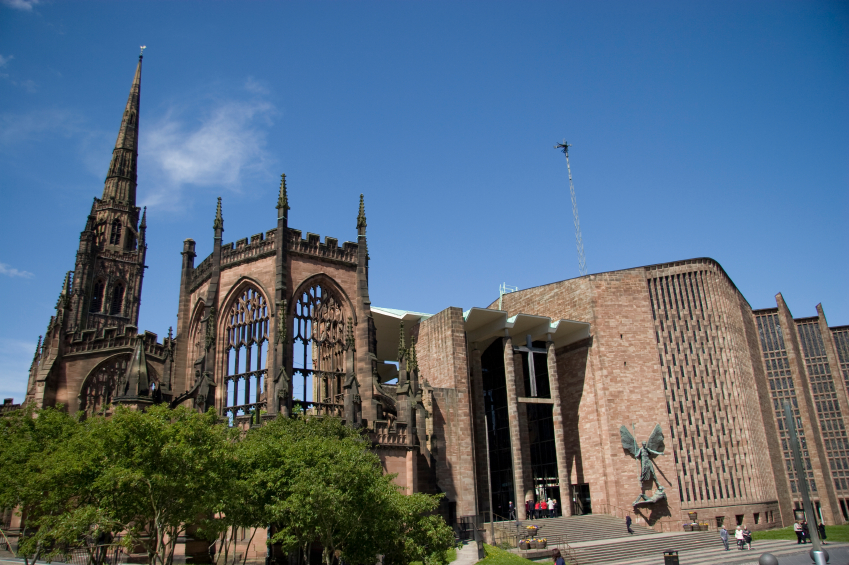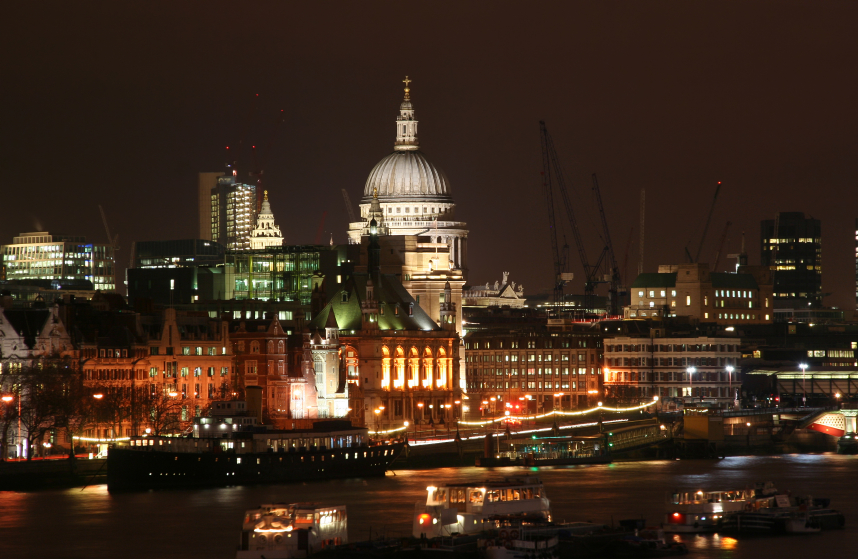
Where is this?
Congratulations to Ray Mitchell of Suffolk, Paul Oliver of Norfolk and Alistair Hollington of Essex who were the first three people drawn at random from subscribers to WW2History.com who correctly identified the city in which this photo was taken as – Coventry. A signed hardback copy of Juliet Gardiner’s brilliant ‘The Blitz’ is on its way to each of you.
Coventry, in the Midlands of Britain, was subjected to a horrendous bombing raid by the Germans in November 1940. The ruins of the cathedral (on the left of the photo) have been kept as a permanent memorial to the destruction and suffering.
But, of course, it was Germany that went on, by the end of the war, to endure far more intense bombing than Britain did. Many in Britain believed (then and today) that, as the bible says, the Germans had ‘sown the wind’ and so it was right that they should subsequently ‘reap the whirlwind’.
Was it? Was it right to bomb the ancient city of Dresden in 1945 and kill 35,000 people in one night? Was it right to create the world’s first firestorm at Hamburg? Or target the medieval city of Wurzburg in part because its old wooden buildings were ‘burnable’?
 Twitter
Twitter






